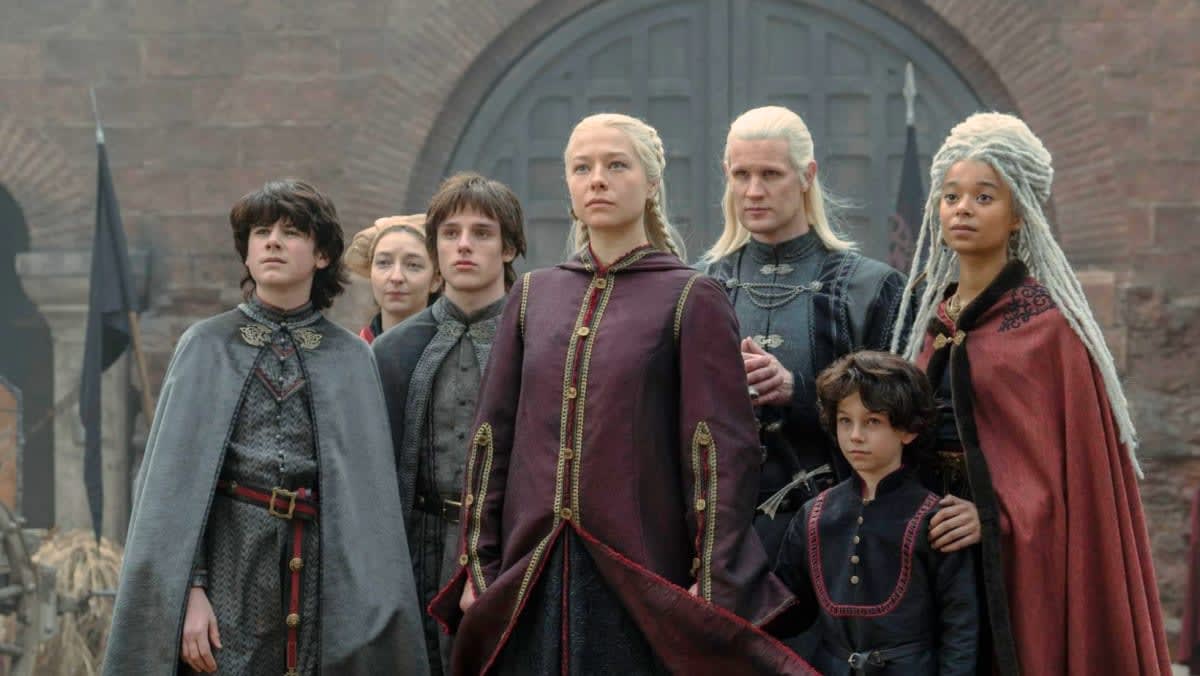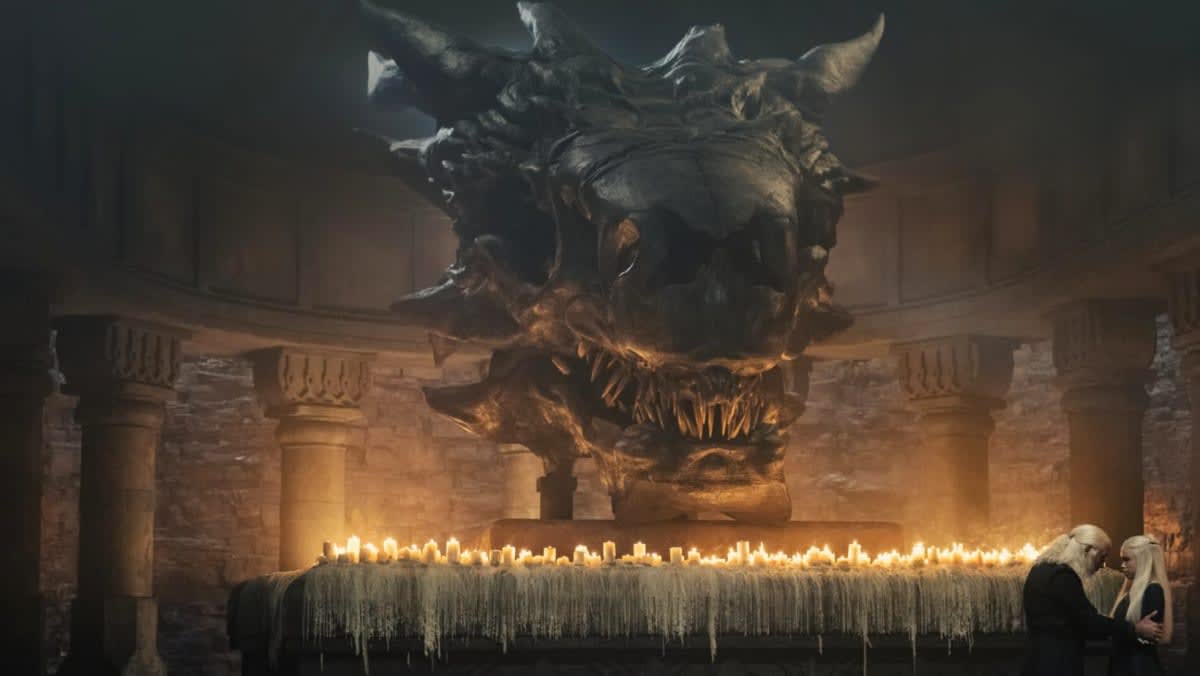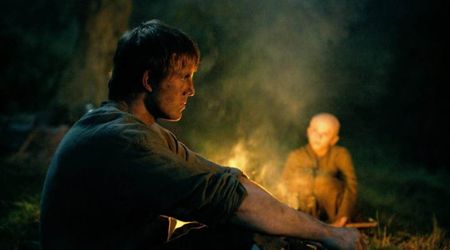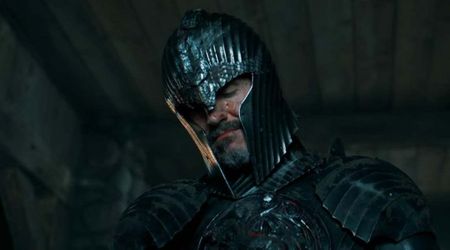'House of the Dragon' keeps pushing major 'Game of the Thrones' prophecy and why it needs to finally stop

Contain spoilers for 'House of the Dragon'
LOS ANGELES, CALIFORNIA: In the realm of Westeros, prophecies have long cast their shadows, influencing the fates of characters and kingdoms alike. 'Game of Thrones' wove a rich tapestry of prophecy, from Cersei Lannister's foretold downfall to the enigmatic prophecy of Azor Ahai.
Now, 'House of the Dragon', the prequel set nearly two centuries earlier, continues to delve into these mystical prognostications, adding layers of intrigue and speculation to its narrative. However, as the series progresses, the reliance on prophecies risks overshadowing the nuanced character dynamics and political intrigue that made 'Game of Thrones' a cultural phenomenon.
The reunion of Rhaenyra Targaryen and Alicent Hightower, pivotal figures in the Targaryen civil war, epitomizes this conflict. While their meeting promises gripping drama and showcases the talents of Emma D'Arcy and Olivia Cooke, it also resurrects the trope of prophecy-driven conflict that sometimes plagued its predecessor.
As viewers tune in for the psychological drama and familial rivalries that define 'House of the Dragon', the series must strike a balance. While prophecies can add mystique and suspense, their overuse risks diluting the human complexities that define its characters.
How 'House of the Dragon' is navigating the pitfalls of prophecies?

Prophecies in 'Game of Thrones', like the Prince Who Was Promised and the 'Song of Ice and Fire', became double-edged swords. They added depth and suspense but often boxed in the storyline. When fulfilled predictably, they lacked surprise; when twisted, they risked confusion.
Some, like Maggy the Frog's prophecy, were only partially realized, frustrating fans. 'House of the Dragon' reintroduced the Song of Ice and Fire prophecy early on, linking it to the Targaryens' historical concerns about winter threats. This callback aimed to connect the new series to its predecessor but also reiterated the prophecy's weight in Westerosi history.
In the first episode, King Viserys Targaryen's revelation to Princess Rhaenyra about Aegon the Conqueror's vision added dramatic tension and emphasized a shift in Targaryen succession norms.
Yet, this reintroduction hinted that prophecies might again dominate the narrative, potentially steering the series towards familiar, predictable paths.
As viewers revisit these themes, the challenge lies in balancing homage to 'Game of Thrones' with crafting fresh, engaging storylines that avoid falling into the traps of overly emphasized prophecies. However, to maintain narrative depth and character complexity, the series must ensure prophecies do not overshadow organic character development and plot dynamics, avoiding the pitfalls that plagued its predecessor.
How does House of the Dragon's handling of prophecy shape Alicent Hightower's role as the series' antagonist?

In the closing moments of 'House of the Dragon' Season 1, King Viserys Targaryen, on his deathbed, confuses Alicent Hightower with his daughter Rhaenyra and speaks cryptically of the Prince Who Was Promised and the Song of Ice and Fire prophecy.
Alicent, seeking to validate her son Aegon's claim to the throne, misinterprets Viserys' dying words as a directive for her to ensure Aegon's ascension, despite years of Viserys affirming Rhaenyra as his heir.
This narrative twist, meant to humanize Alicent by portraying her as driven by misunderstood loyalty rather than mere ambition, instead strips her of complexity. Viserys' fixation on prophecy, including his disregard for his daughter Helaena's prophetic abilities, is left unexplained, hinting at the show's inconsistent character development.
As Season 2 unfolds, despite Viserys' death, the Prince Who Was Promised prophecy continues to dictate the escalating conflict between Rhaenyra and Alicent. Alicent clings to her misinterpretation, ignoring evidence to the contrary, portraying her as obstinate and deluded rather than morally ambiguous.
This thematic revival of prophecy, which ultimately proved inconsequential in 'Game of Thrones', now defines Alicent as the series' definitive antagonist, a role that simplifies the nuanced dynamics that once characterized both women's ambitions and complexities.
'House of the Dragon' is available for streaming on HBO.










